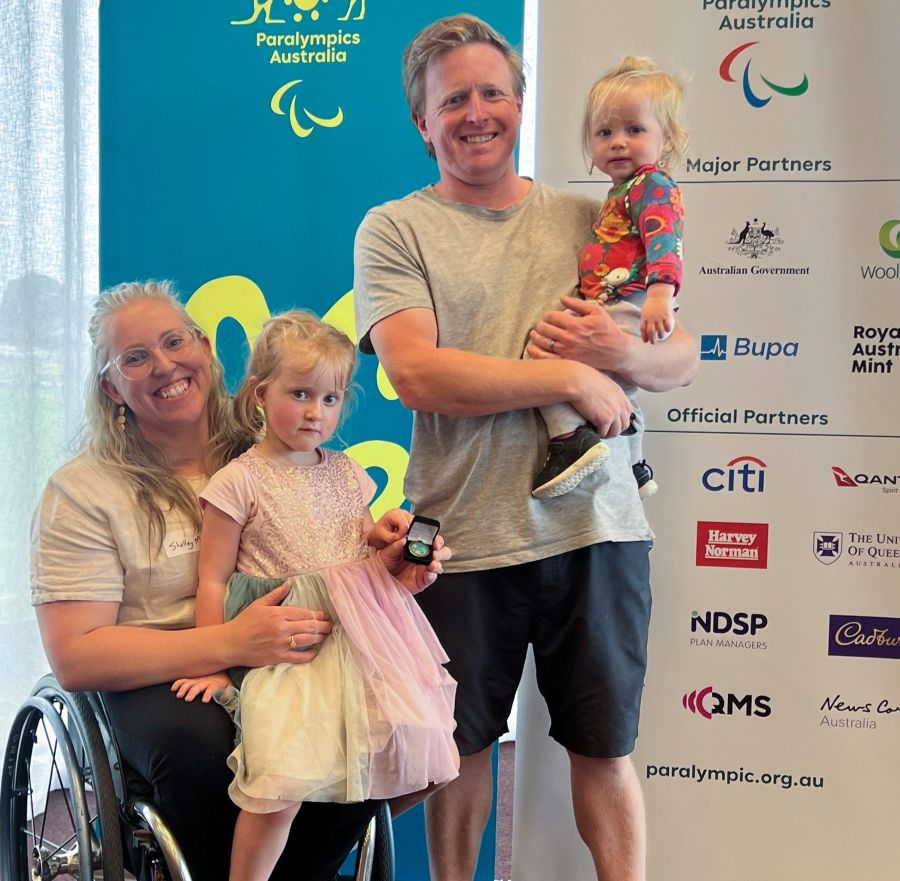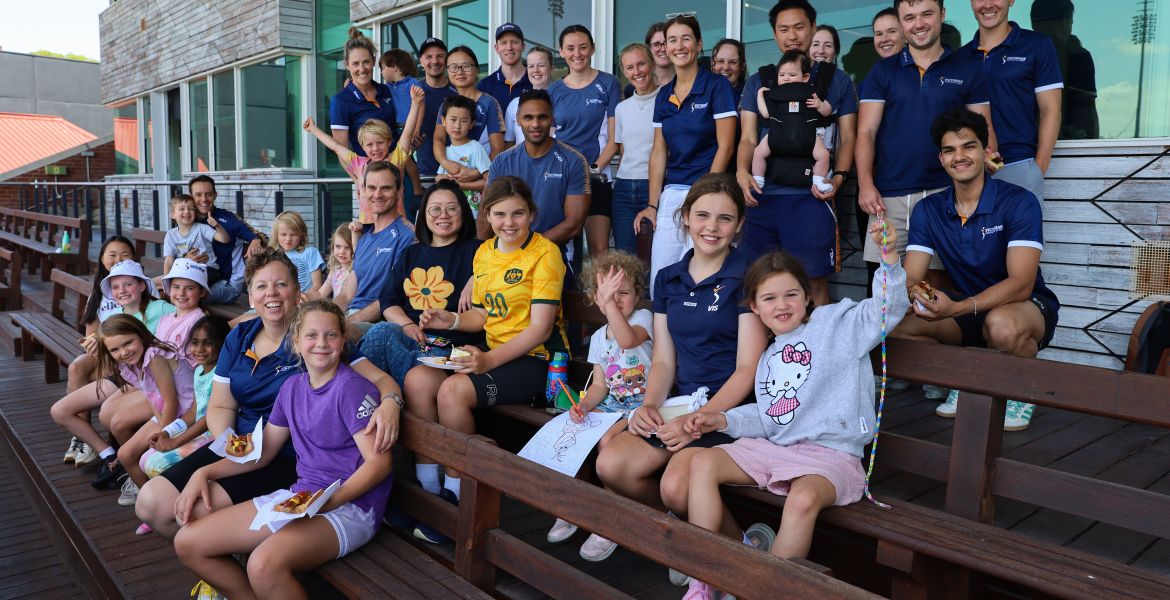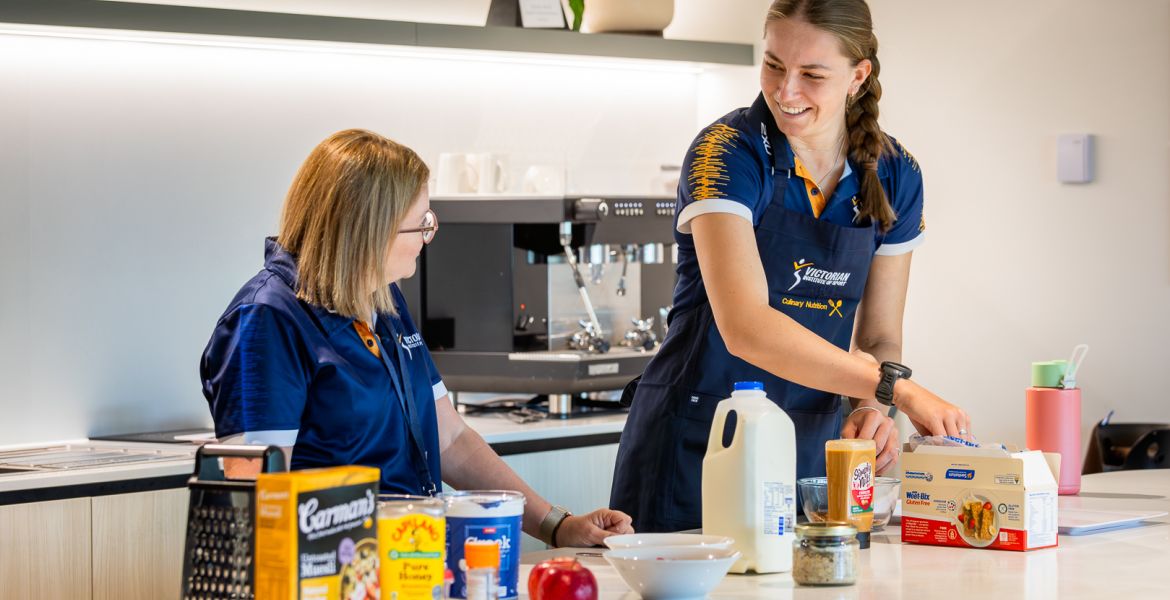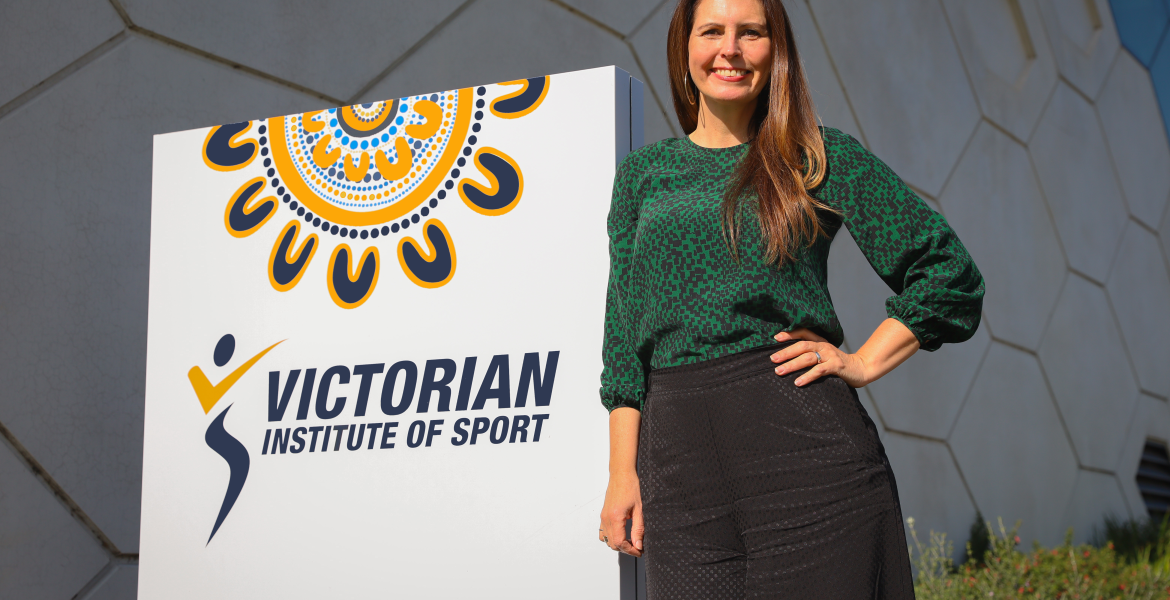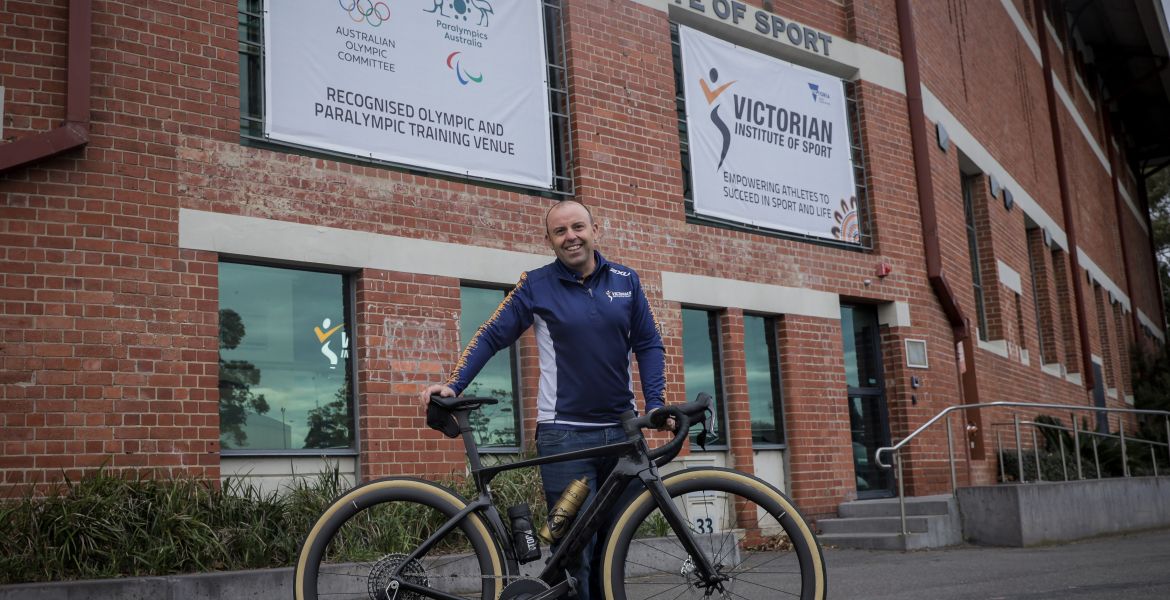Born with a birth defect that led to her becoming an incomplete paraplegic, Shelley has never let her disability stop her from doing anything.
Chappers, as she’s affectionately known, was first introduced to wheelchair sports at the age of 12 and made her senior international wheelchair basketball debut when she was 17.
For the best part of the next two decades, she dedicated her life to being one of the best wheelchair basketballers in the world.
She competed at five World Championships and three Paralympic Games with the Australian Gliders.
The Gliders have an impressive record at the highest level – four consecutive Paralympic medals between 2000 and 2012. But this was dented when the team failed to qualify for Rio 2016.
Shelley explored other routes to get to the Games, including a tilt at para-kayaking, but all attempts were unsuccessful.
She was just three games shy of her 250 milestone for Australia when she decided to take a break to embark on her journey into motherhood.
In 2019, Shelley and her husband Kieran became first time parents to beautiful baby Ruby and welcomed Hazel in 2022 - their lives changed instantly for the better.
Pregnancy is unpredictable, but being pregnant with a physical disability came with extra challenges.
“The smallest of slopes was so hard to push up when there was a baby in the way, meaning you can't lean over, and pulling your wheelchair in and out of the car with a big baby belly was hard work.”
Physically, Shelley went from being a fit and healthy elite athlete to finding everyday activities exhausting and as she got further along her mobility reduced, she was tired, enormous, fed up. Everything a mother in her third trimester should be!
“Post pregnancy it felt so amazing just to have my body back, until I realised that I would never have my body completely back to myself.”
“My body is now a place of comfort for two small people, and I love that. It seems much more important than the body I used to have that was used for sport.”
As an athlete, every decision Shelley made in life was about what she wanted and needed to be a better basketballer. Being a mother is the exact opposite, especially in the early days when learning how to keep a small human alive.
Anyone that has experience of disability knows that you rarely know how you’re going to adapt to something until faced with it. You know you can do it. You’re just not sure how yet.
Navigating motherhood in a wheelchair was all about learning and adaptation.
“I figured out how to navigate the world in a wheelchair a long time ago, so like every new mum it was just about learning how to add a baby to my life.”
“Kieran adapted a change table I could wheel under it, and a cot that would open like barn doors.
“I cannot chase my kids if they run, and we have made sure that Kieran doesn't either (able bodied), they both know and have known from an early age when we say “stop” they have to stop.”
Sadly, parents with disabilities have long endured parental discrimination. They’ve been judged by family, friends and strangers about their ability to be a fit parent.
Including Shelley.
“I have people constantly wanting to help me and do things for me, even going so far as trying to grab my children for me. I see people watching me with my kids and think that it is unsafe.”
It is a common human trait to see disability as the worst circumstance a human could endure and that it makes one co-dependent.
“Ruby always asks me why strangers constantly ask me if I need help - she isn't old enough yet to see and understand that in our society people in wheelchairs are often looked at as incompetent or to be pitied. She doesn’t see that at home or in our extended family or friendship group.”
“She knows Aunty Kat has one leg, Aunty Bridie has no toes, and Teschy and Chaff have wheelchairs like Mama.”
“At an NBL game we went to she didn’t believe me when I said that’s basketball - ‘no it isn’t, there’s no wheelchairs’.”
But it takes a quick one-on-one experience with Shelley to instantly erase any prejudices, and ultimately, a child doesn’t need a parent who can walk. A child needs a parent who is always there and shows them, unwavering constant love, and support.
This is what a child needs and values the most. Not a parent up on two feet.
Now, back to basketball.

The Gliders returned to the pine in Tokyo and while there was positivity around a ninth-place finish, it was evident a lot of improvement was needed to return to the glory days of consistent podium finishes at the world’s biggest events.
And so the hard work to build for Paris began in earnest.
Shelley was motivated to return to basketball by an opportunity to play in the Women's National League with the Sydney Blues in 2023, just a year after Hazel was born.
“I loved being back in that community and sharing wheelchair basketball with my little family.”
The delicate balance between motherhood, work and elite sport isn’t easy, but Shelley manages the juggle due to her incredible support structure.
“Kieran is the ultimate WAG and wants nothing more than to see me compete at a Paralympic Games.”
“He has been a wonderful partner and Dad since day one and has taken the additional workload of balancing the kids in his stride.”
Victorian Institute of Sport and Gliders Coach Craig Campbell has also been extremely supportive of her adapted training program.
“Having been an athlete for over half my life I know what I need and where my time is best invested, and Craig trusts me to make those calls on what is best for me.”
In January 2024, Shelley returned to the court for Australia, racking up her long awaiting 250th game against Japan at the Asian Oceania Championships in Bangkok.
“It just goes to show how long I’ve been playing this sport. I was so young when I first made the Gliders team, and now I’m playing with girls that are way younger than I was. In fact, some of my teammates were not even born when I made my debut!”
“I have a lot of knowledge and experience to share with this team and I’m excited by the talent we have and what we can achieve with this young group.”
She was thrilled to be back in the green and gold and her lifelong dream to win Paralympic gold was back on the cards.
“I was motivated by the chance to wear the green and gold again, and be the best I can be, but this time around I’m also motivated to share this journey with my family.”
The Gliders had the mountainous task of overcoming the hometown favourites Japan to qualify for the Paris 2024 Paralympics at the 2024 IWBF Women's Repechage in Osaka in late April.
Unfortunately, the more seasoned Japanese team successfully outpaced the Aussies, securing a commanding 26-50 win, and ultimately shattering Shelley’s and the Gliders' 2024 Paralympic dreams.
Despite the disappointment felt within the team, Campbell is optimistic as he carefully considers the program's future direction.
Will Shelley be involved and continue on her quest for Paralympic gold? Who knows. But what we do know is that when it comes to Chappers, nothing is impossible.

